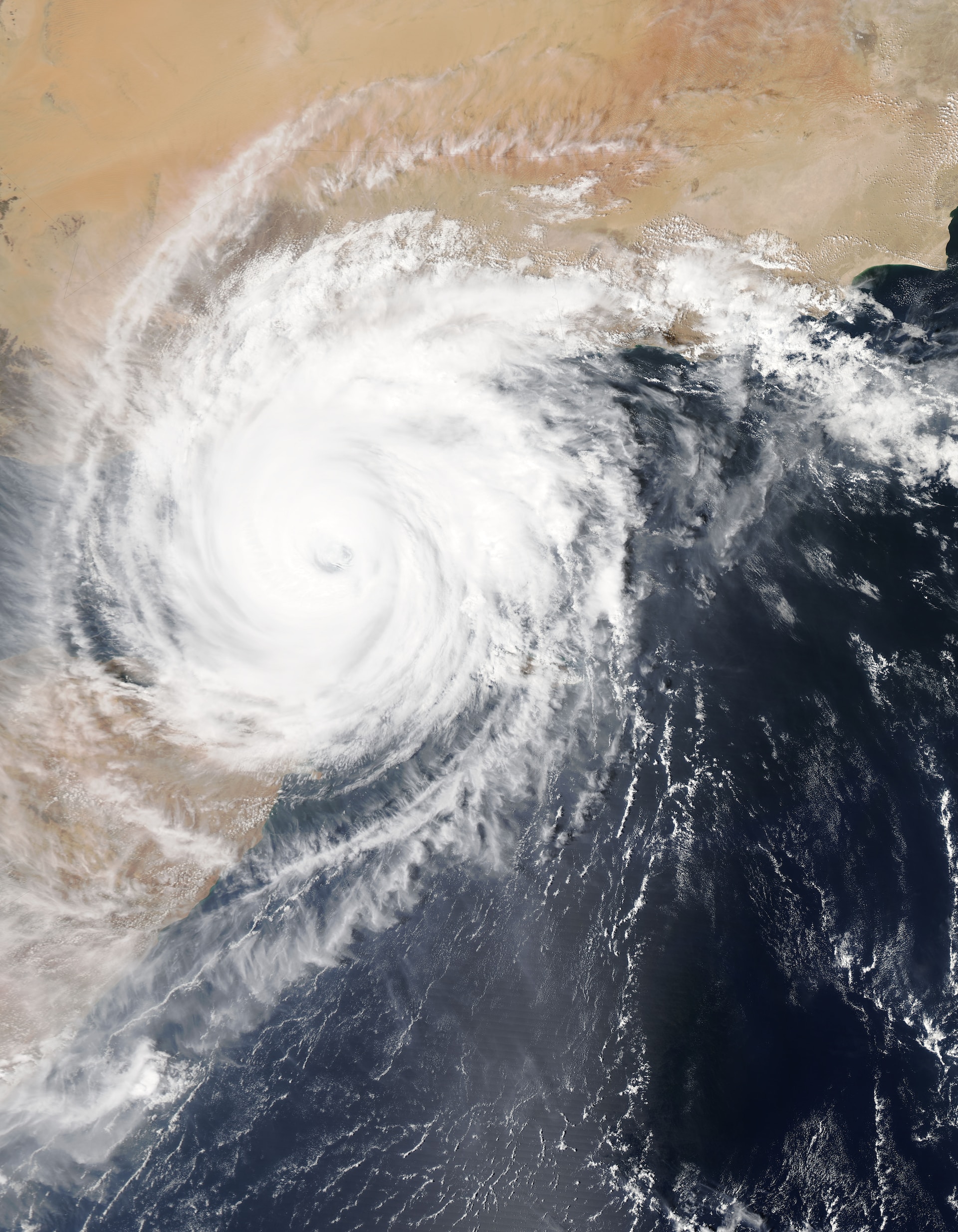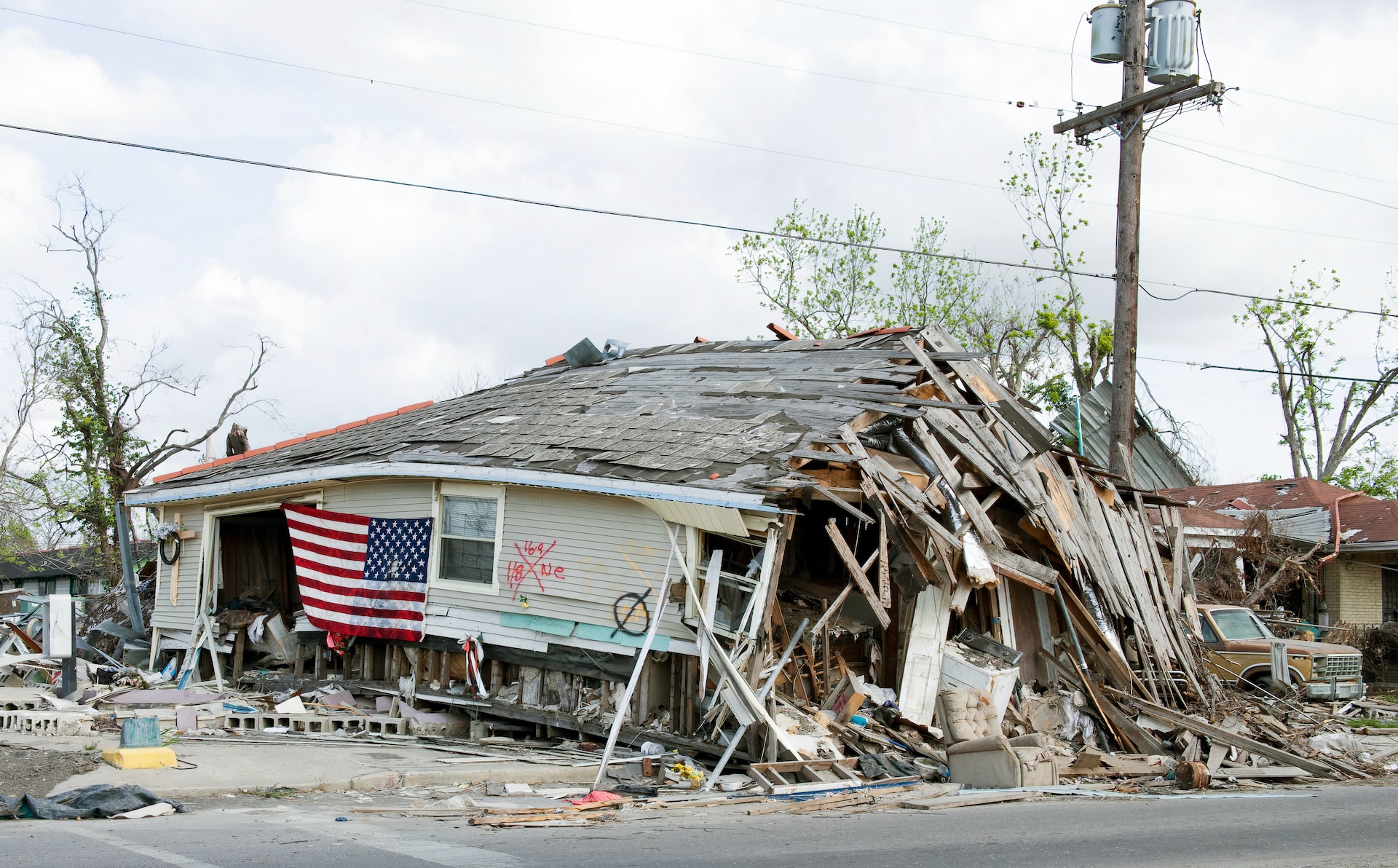The last seven days of March are National Farmworker Awareness Week. Since 1999, Student Action with Farmworkers has coordinated this week of action to “raise awareness about farmworker issues, honor their everyday contributions, and gain more allies to help advocate for better living and working conditions in the fields.” Farm work exposes workers to significant occupational hazards and has few federal labor protections such as overtime pay or unemployment insurance. Talk about farmworker rights citing the values of economic opportunity, equity, and community.
Tag: environmental justice
Winter Storm Uri
On this day in 2021, Winter Storm Uri began rolling into Texas, leaving millions without electricity — and some without water service — across the state. The state’s final report estimates that 246 people died as a result of the storm, with roughly two-thirds of those deaths the result of hypothermia. Similar to recent hurricanes, the natural disaster revealed existing inequalities as people living in poverty struggled to stay warm. Commemorate this date as a reminder of the urgency to ensure racial justice grounds infrastructure debates and climate resilience planning. Cite the values of community and opportunity.
National Farmworker Awareness Week
The last seven days of March are National Farmworker Awareness Week. Since 1999, Student Action with Farmworkers has coordinated this week of action to “raise awareness about farmworker issues, honor their everyday contributions, and gain more allies to help advocate for better living and working conditions in the fields.” Farm work exposes workers to significant occupational hazards and has few federal labor protections such as overtime pay or unemployment insurance. Talk about farmworker rights citing the values of economic opportunity, equity, and community.
State of Indian Nations
Each year, the president of the National Congress of American Indians (NCAI) presents the State of Indian Nations around the same time as the U.S. president’s State of the Union. To facilitate direct engagement, a member of Congress is also invited each year to deliver a congressional response.
Hurricane Sandy
On October 29, 2012, Hurricane Sandy hit New York City causing extensive damages to infrastructure in the city. As we’ve seen time and again, natural disasters reveal existing inequality and how climate change disproportionately affects people living in poverty, often in BIPOC communities. Use Hurricane Sandy to push for economic justice in infrastructure, storm preparedness, and recovery spending. Cite the values of Economic Security and Community.
Anniversary of Hurricane Maria
On this day in 2017, Hurricane Maria made landfall in Puerto Rico with devastating effects. Use this anniversary to discuss the need for equitable infrastructure and emergency planning. Discuss the values of Community and Opportunity.
Hurricane Katrina
On this day in 2005, Hurricane Katrina made landfall in Louisiana and Mississippi. The humanitarian disaster that followed laid bare racial and economic inequities and served as a precursor to the disparate impacts of recent natural disasters. Use the anniversary to discuss the need for equitable infrastructure spending and emergency assistance. Cite the values of Community and Economic Security.
Geneva Convention on the Status of Refugees
The Geneva Convention on the Status of Refugees was signed on this day in 1951. The international treaty established the definition of who is a refugee, and its geographic scope was extended worldwide in 1967. Use this hook to discuss the international commitments of the United States and our nation’s long history of welcoming refugees. Cite the values of community and safety.
World Refugee Day
Recognized annually on this day, World Refugee Day commemorates the strength, courage, and perseverance of millions of refugees. From the impacts of climate change to fleeing violence, connect this international observance to what’s happening in the United States and across the world. Cite the values of community, safety, and opportunity when discussing this.
American Indian Movement at Wounded Knee
On Feb. 27, 1973, members of the American Indian Movement (AIM) began their occupation of Wounded Knee, the site of the 1890 massacre in South Dakota’s Pine Ridge Reservation. The occupation lasted 71 days and called attention to living conditions and mistreatment from federal and local agencies. Use this anniversary to talk about the values of opportunity and voice for Native American communities.



